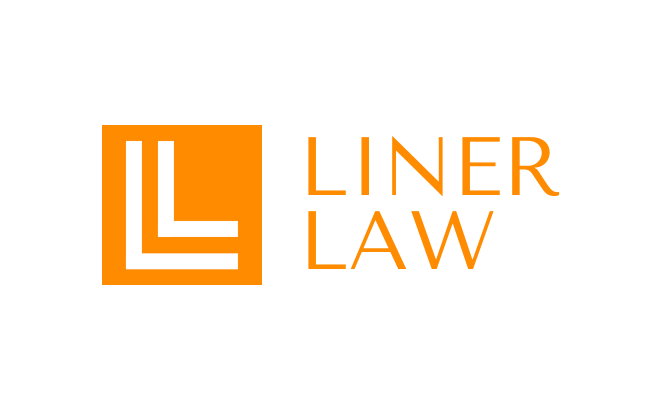The recent volatility of the Turkish Lira (TL) has increased the already high interest among Turkish investors in cryptocurrencies, with TL trading volumes in major coins showing exponential growth during the latter half of 2021. So far the regulators have been playing catch-up, with the first regulations in connection with crypto assets entering into force in the first half of 2021, just as the collapse of a large Turkish cryptocurrency exchange left hundreds of thousands of customers with no remedy and increased the appetite for more comprehensive regulation. Government officials have indicated they are in active talks with stakeholders to put together a draft law that will regulate cryptocurrency exchange platforms under licensing requirements and introduce protections for customers trading in cryptocurrencies (the ‘Draft Crypto Market Law’).
In this context, it would be advisable to understand the current regulatory landscape and the new regulatory framework that is currently in the works.
The Communiqué Regarding the Non-Usage of Crypto Assets in Payments, published by the Central Bank of the Republic of Turkey in the Official Gazette dated 16 April 2021 and numbered 31456 is the first regulation which defines crypto assets. Significantly, it introduced a prohibition on the direct or indirect use of crypto assets in payments and the provision of services for such purpose. Accordingly, payment service providers are banned from business models where crypto assets can be used directly or indirectly in payment services and the issuance of electronic money. Payment and electronic money institutions are also prohibited from acting as intermediary for platforms that provide issuance, custody, transfer, and trading services regarding crypto assets, or for fund transfers from those platforms.
The amendment to the Communiqué on Measures for the Prevention of Laundering of Proceeds of Crime and Financing of Terrorism, published in the Official Gazette dated 1 May 2021 and numbered 31471, added crypto asset service providers to the list of parties on whom anti-money laundering duties are prescribed by law. In May 2021, the Financial Crimes Investigation Board (MASAK) issued a guideline obliging crypto asset service to: (i) identify their customers via know your customer processes; (ii) report suspicious transactions; (iii) provide information and documentation; (iv) retain relevant documentation for submission to the authorities upon request; and (v) provide information on an ongoing basis regarding transactions that exceed the statutory thresholds.
Initial versions of the Draft Crypto Market Law currently in circulation are in the form of an amendment of the Turkish Capital Markets Law. The main principles contemplated thereunder are as follows:
- Crypto asset trading platforms are required to be licensed by the Capital Markets Board of Turkey (the CMB). No public guarantee is implicated by licensing; licensed institutions are excluded from the CMB’s investor compensation scheme.
- The CMB is authorised to determine the crypto assets to be traded, to remove them from trading and to regulate the disposal of terminated crypto assets.
- Turkish residents are required to trade crypto assets only via the authorised institutions. Crypto asset transfers to and from licensed institutions to offshore platforms need to be via licensed institutions.
- Licensed platforms shall form a closed-circuit network; crypto assets are only allowed to be transferred to licensed institutions from wallets recognised by law, allowing the authorities to track crypto asset trading in Turkey. Exceptions foreseen include transfers to and from mining operations. If crypto assets and cash are taken out of licensed institutions for offshore trading, a time limitation is foreseen for customers to be able to bring the acquired crypto assets and cash back to licensed institutions in Turkey.
- Customer cash and crypto assets shall be kept separate from the assets of crypto asset service providers, and the attachment and pledge of customer cash and crypto assets for the debts of crypto asset service providers (including public debts) is prohibited and vice versa.
- Crypto asset custody services shall be provided only by banks or other entities licensed by the CMB and deemed appropriate by the Banking Regulatory and Supervisory Authority; and customer cash shall be held by banks.
- Crypto asset service providers are liable for damages arising from their unlawful acts, technical and operational failures attributable to their faulty actions, and their failure to fulfil their payment and/or delivery obligations. Prison sentences as well as compensation obligation foreseen for embezzlement.
- An administrative fine is imposed on customers trading on unlicensed platforms and imprisonment from three years to five years is stipulated for real persons and legal entity officials conducting unlicensed crypto asset services.
- If crypto asset service providers cannot meet or will shortly fail their payment and delivery obligations or otherwise face serious financial weakness, the CMB is entitled to request the strengthening of their financial situation within a maximum of three months, temporarily suspend their activities, or cancel their licences.
- Currently active platforms can continue unlicensed operations until the CMB issues its secondary licensing regulation and thereafter only if the licensing application is timely submitted. By contrast, new platforms cannot operate until the secondary regulation is issued and their licensing is complete.
The Draft Crypto Market Law is expected to be submitted to the Turkish parliament later in the year.
For more information, please contact:

Yegân Liaje, partner

Zeynep Şener, partner
Liner Law
Nef Offices 09, A Blok No. 86
Sultan Selim Mah. Lalegül Sok. No. 10
Kağıthane, Istanbul, Turkey 34400














